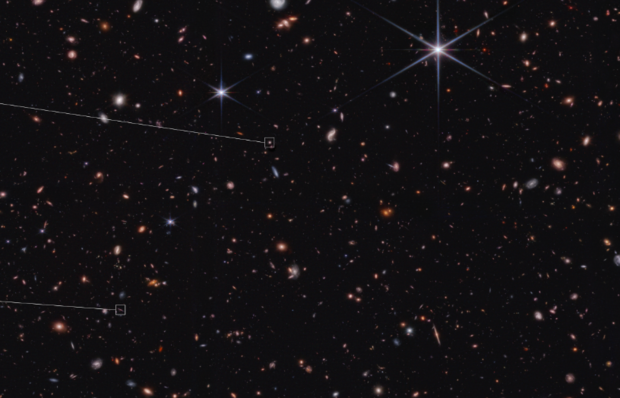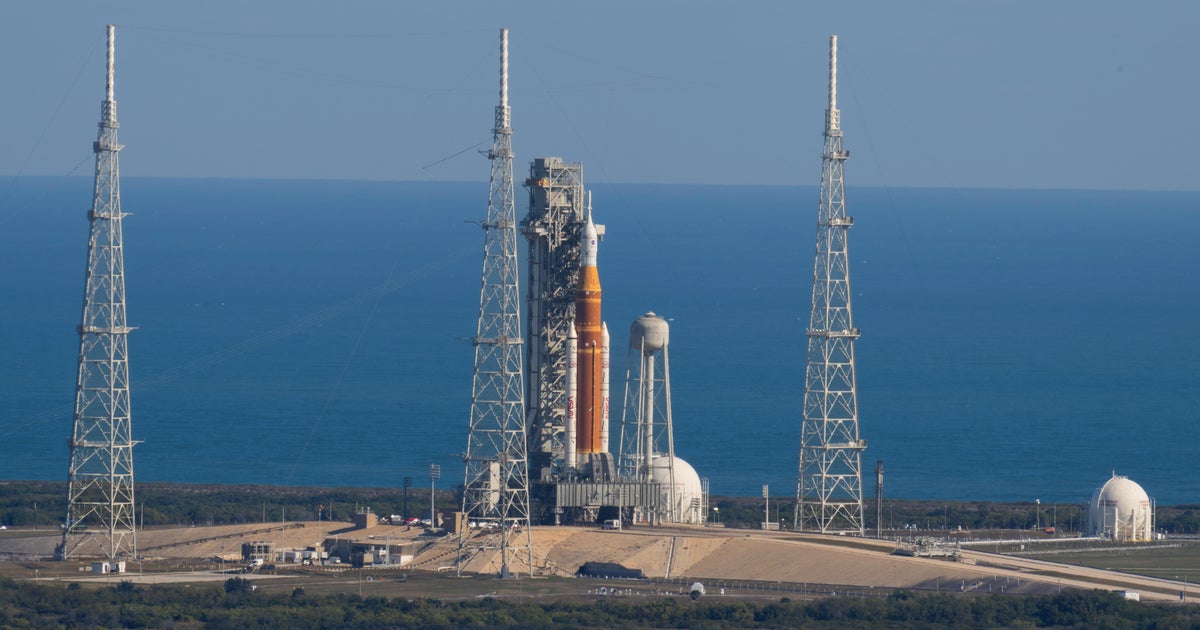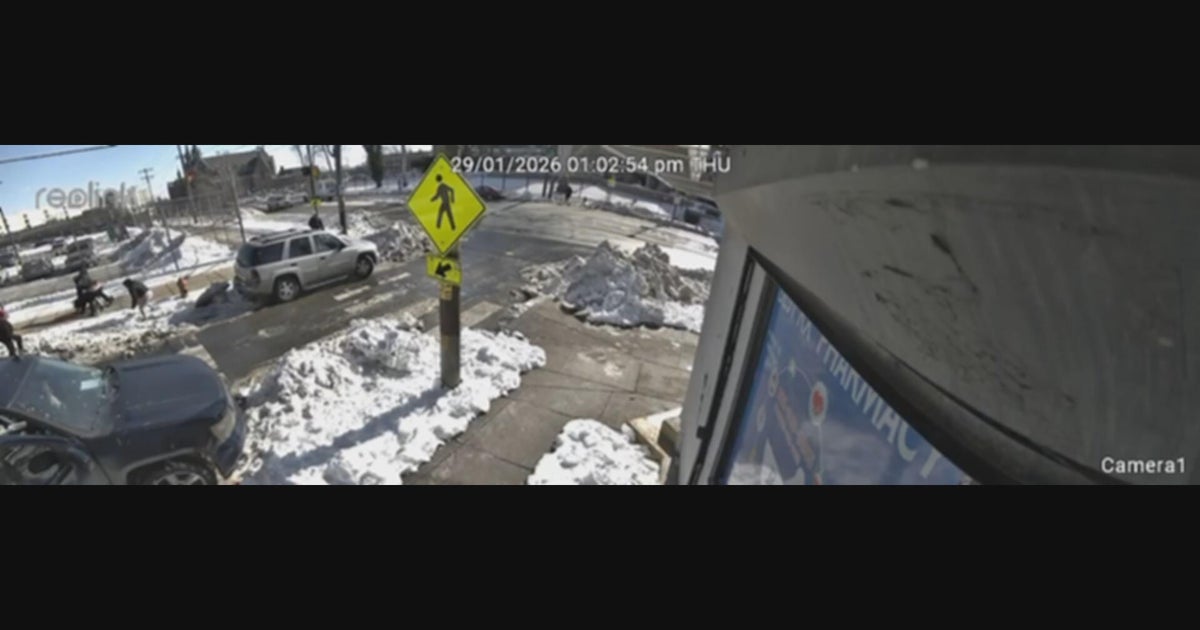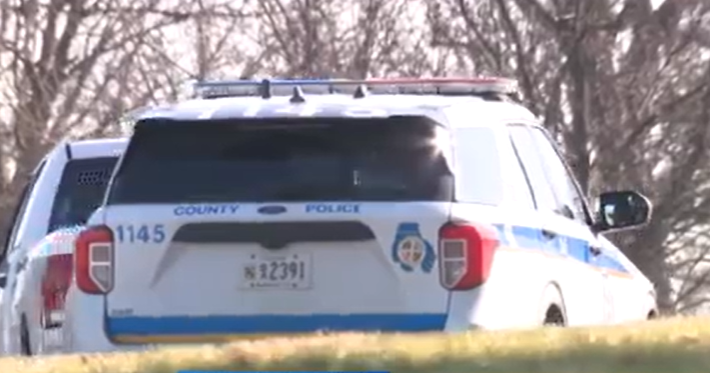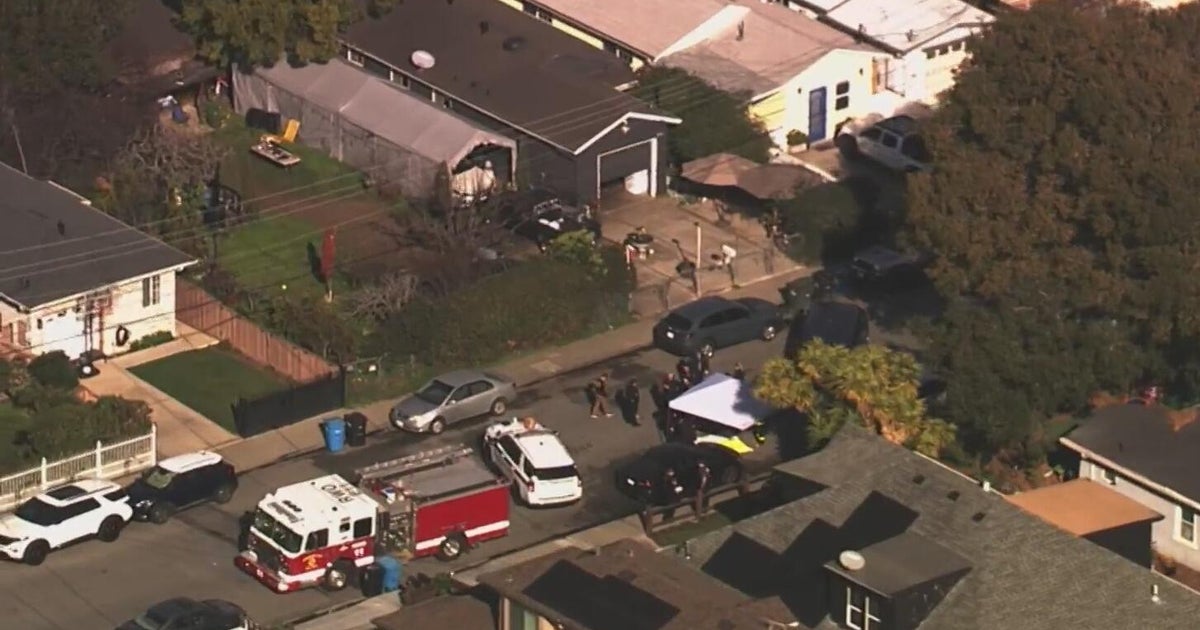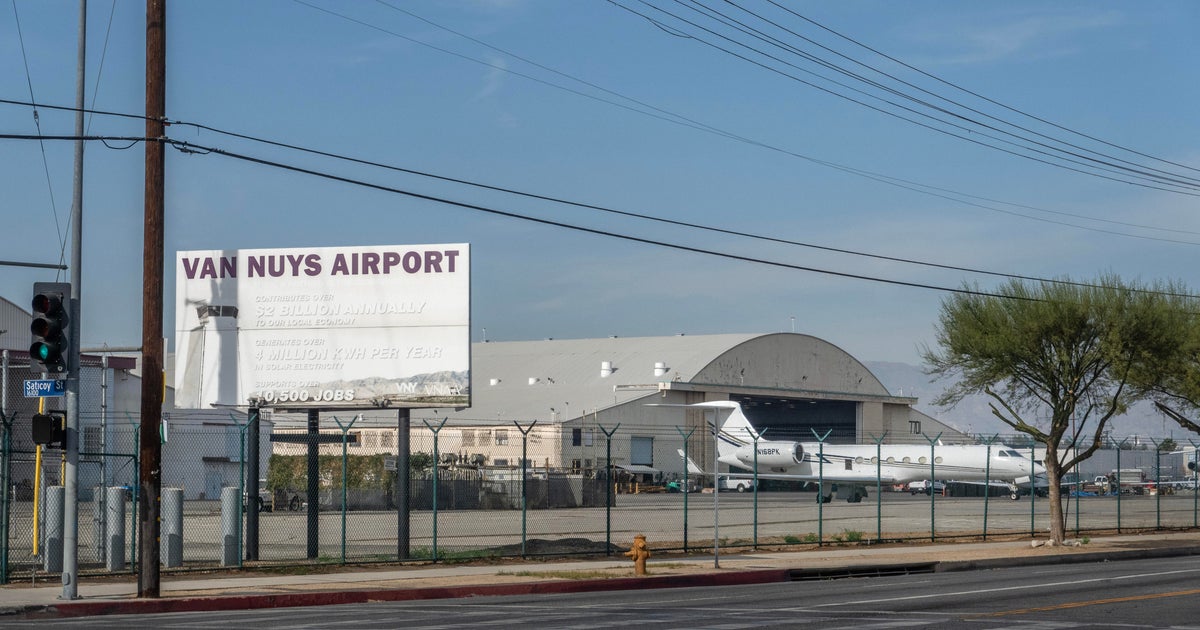NASA's James Webb Space Telescope finds 'surfboard' galaxies in the early universe
BALTIMORE -- The James Webb Space Telescope has obtained images that show galaxies in the early universe are often flat and elongated.
Researchers at the space observatory have noted that these galaxies look like surfboards and pool noodles, according to a statement by the NASA Goddard Space Flight Center.
"Roughly 50 to 80% of the galaxies we studied appear to be flattened in two dimensions," Viraj Pandya, a NASA Hubble Fellow at Columbia University in New York, said in an online analysis. "Galaxies that look like pool noodles or surfboards seem to be very common in the early universe, which is surprising, since they are uncommon nearby."
These galaxies floating amid the cosmic ocean are the least frequently identified, according to flight center contributors.
It's possible that billions of years ago the galaxy that is home to Earth had a surfboard shape, Haowen Zhang, a PhD candidate who assisted with the analysis said.
The James Webb Space Telescope was born at the NASA Goddard Space Flight Center in Greenbelt, Maryland. The telescope's operation center can be found at NASA's Space Telescope Science Institute in Baltimore, Maryland.
Jane Rigby, the Webb's chief scientist, talks to the telescope from the flight control room, drawing the data that has been collected.
"The elevator pitch for the Webb Telescope was to get the baby pictures of the universe," Rigby said. "We have delivered exactly what we promised on that topic. We've gone from basically ignorance about what that first billion years of the universe was like, to having it in crisp high definition."
